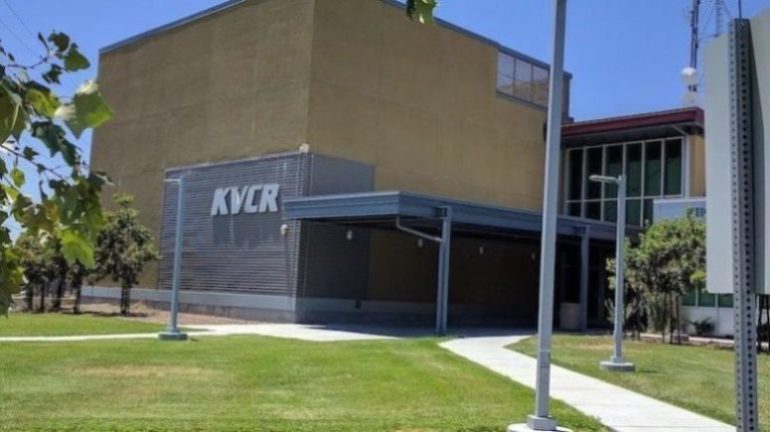Board OKs channel-share or VHF move for Ohio station in spectrum auction
Public television station WBGU will continue broadcasting in northeast Ohio after the FCC’s spectrum auction, its licensee decided Sept. 18.
The Bowling Green State University Board of Trustees unanimously authorized the university to “maximize the potential revenue” from the auction without completely cashing out on its public TV channels.
The vote allows the university to sell part of WBGU’s television spectrum either by entering a channel-sharing deal with another station or moving from its UHF channel to lower-quality VHF.
In June, trustees approved the university’s request to explore whether to relinquish all of WBGU’s TV spectrum in the auction, which could generate some $40 million for the institution.
Since then, the university conducted four public forums on the station’s future. “The input and feedback from these discussions and forums has been clear,” the administration wrote in an information packet for the board meeting. “The community values WBGU-TV and does not want to see it go off the air.”
The university said it also consulted with advisers from CPB, members of the station’s Public Advisory Council for Television (PACT), elected officials, media educators at the university and broadcast industry experts.
CPB is concerned that stations selling spectrum could create “white areas” that lack public TV signals. That would happen if WBGU, which has been broadcasting in northeastern Ohio for 51 years, went dark. The nearby city of Lima and its surrounding counties would lose access to free over-the-air public TV programming. Lima is Nielsen’s 188th Designated Market Area, with a population of 67,390 television homes. Findlay, population 41,500 and part of the Toledo DMA, would also fall into the white area.
Greg Phipps, head of PACT, which fought to keep the station from selling all its spectrum, sees more work ahead. “We accomplished the first stage to keep the station on the air, but we still have many hurdles to discuss regarding revenue sharing,” Phipps told Current after the vote. Last month PACT submitted recommendations to BGSU’s president that included spending any spectrum revenue only on the station and ensuring that viewers will still receive a high-quality signal if the channel switches from UHF to VHF.
The congressionally mandated spectrum auction, set to start next year, will clear broadcast bandwidth for use by mobile devices.
Related stories from Current:
- Minority, public TV viewers face greatest threat in FCC auction
- Stations moving to VHF should receive equal treatment in auction, pubcasters tell FCC officials
- FCC declines to protect public TV in 2016 spectrum auction




